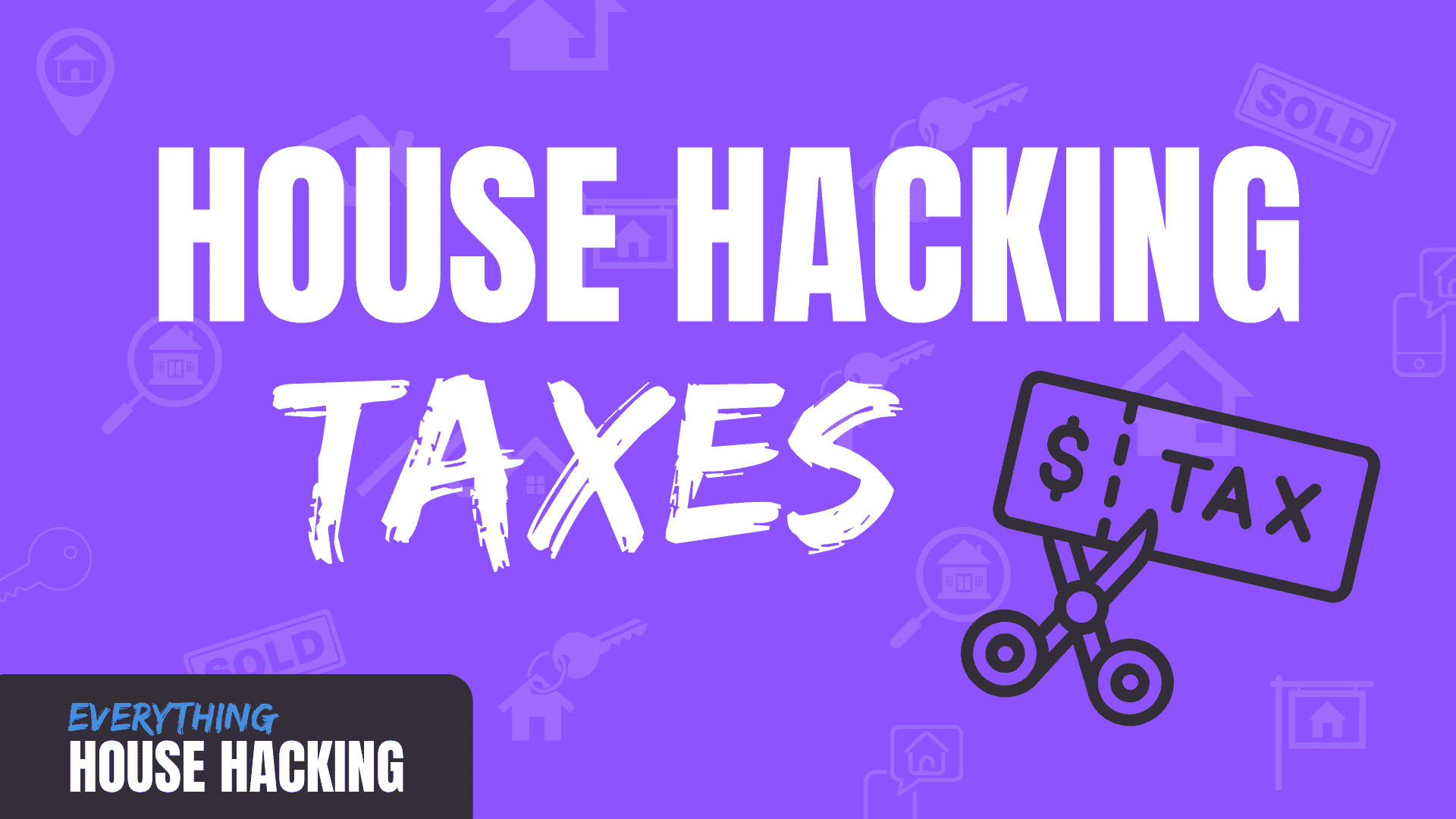House hacking is a universal term that can mean one of a few things. The first variation of house hacking involves homeowners renting out one unit within a multi-unit property. For instance, this could be a duplex, triplex, or fourplex, where the owner resides in one unit while leasing out the others. Another form of house hacking involves renting out spare rooms in the primary residence. For example, the owner bought a single-family house that has four bedrooms, and the owner rents out the extra three bedrooms to students. Both of those situations will use the term house hacking, and we CPAs use this term interchangeably in our tax work.
What is the reason for such a rental engagement? Typically, the aim of house hacking is to achieve the possibility of living rent-free. By renting out spare rooms or generating rental income from an additional unit in a multi-unit property, homeowners can cover a significant portion of their mortgage expenses. For many individuals, housing costs constitute a substantial portion of their monthly bills. Sometimes buyers might qualify for financing on a duplex even if they couldn't for a single-family property, as lenders can consider part of the rental income from the secondary unit. This often serves as a great entry point for people to step into the realm of real estate.
Defining house hacking income isn't always straightforward. Some argue that it's not reportable – after all, aren't these just roommates? However, the answer isn't that simple. For instance, if you and your future spouse move in together and they start paying you half the rent, this situation wouldn't qualify as house hacking. It's more of a shared living arrangement without a profit motive. On the other hand, if someone purchases a single-family home with the intention of generating income by renting out spare rooms, that's when it falls into the category of house hacking, and you need to report this rental income. CPAs often point out that in many cases, rental income can be offset by significant expenses like depreciation and shared costs (which we'll discuss shortly), potentially reducing the rental income to zero. In some instances (especially if the taxpayer income is relatively low), these rental losses could even offset taxpayer’s other income and result in a tax refund.
So, how does a CPA allocate expenses in the case of house hacking? We all know that expenses for personal property (except for real estate taxes and mortgage interest) are not deductible. Here is the answer: when it comes to the house hacking situation with a profit motive, all additional expenses that the owners usually incur and can't deduct (such as repairs, insurance, utilities, HOA fees) – suddenly become deductible. Why? Because the owner now generates taxable income and the IRS allowes deductions to offset this income.
So, how does a CPA allocate these shared expenses between personal and rental use? The IRS does not allow to deduct the personal part. So, what part is deductible? In such cases, tax CPAs come up with a reasonable formula for the split of these shared expenses. Usually, it is done by looking at the personal square footage of the building vs the rental square footage. For example, if the taxpayer has two units of the same size, where he/she lives in one, and a tenant lives in the other, the CPA will usually split shared expenses 50/50 based on square footage. In the situation of rented room in the same house, the allocation by square footage is also allowed. However, CPAs would not include square footage of shared living spaces such as the kitchen, living room, and laundry room into the rental square footage. This is because the owner also has access to these areas, and personal expenses are not deductible.
In addition to the allocation of shared expenses, tax CPAs would also add to your rental expenses such things as depreciation of the rental part of the residence (usually the biggest expense, especially here in California where housing is expensive) and all other expenses associated only with rented rooms (such as tenant screening or advertising fees and Airbnb fees).
A significant advantage of renting out space within the same house is that the property would remain eligible for the full 121 exclusion, allowing the owner to exclude 250K-500K of the gain from the house when it's sold. This eligibility stems from the fact that the rented rooms are part of the same dwelling unit. Consequently, upon selling, the owner won't incur significant taxes, except for a minor portion related to depreciation recapture. However, this benefit doesn't extend to the duplex/triplex scenario, where units stand separately from each other. In this case, only the owner's unit qualifies for the full 121 exclusion. The rented unit would be categorized as business property, subjecting the owner to taxes on gains and depreciation recapture.
In conclusion, house hacking is a versatile way to save on housing costs and dip your toes into real estate. While the tax side might seem complex, grasping the idea of sharing expenses and splitting rental income is key. By doing this smartly, you can maximize your financial gains and fully benefit from house hacking. It's a strategy that opens doors to affordable living and potential financial gains.

